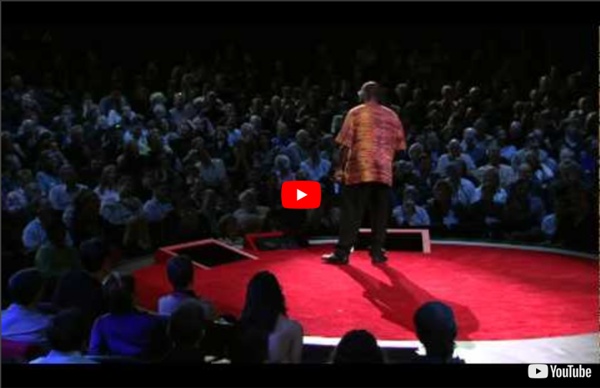



7170098685 ccb6fe2fb2 z child 433877 640 3848315549 196659e141 z Quest to learn: gamificando el currículo - Explorador de innovación educativa - Fundación Telefónica Katie Salen es una de las diseñadoras interactivas, de sistemas y de videojuegos del Institute of Play, la institución que está detrás del diseño del proyecto de Quest to Learn. Para Katie, el juego aporta al aprendizaje, sobre todo: la posibilidad de adoptar distintas identidades, roles para aprender como, por ejemplo, escritor, profesor, investigador, artista o aprendiz;la creación de un contexto real y significativo, conectado con la vida y en el que aplicar el conocimiento;la integración de estrategias de pensamiento operacionales y metacognitivas;la creación de hipótesis y la práctica, fallando, volviendo a intentarlo y rentabilizando el error;la conexión directa con el entusiasmo y la curiosidad de los estudiantes, con su necesidad de aprender;la integración de las relaciones sociales y el trabajo en equipo;finalmente, la experimentación, la imaginación, la creatividad y la invención. - Misiones de descubrimiento: tienen una duración de unas diez semanas. Competencia en TIC
Nuevas pedagogías: el aprendizaje basado en problemas (PBL o ABP) - Explorador de innovación educativa - Fundación Telefónica Ha llegado el momento del Aprendizaje basado en problemas (PBL o ABP) puesto que miles de docentes de todo el mundo lo están experimentando con éxito en sus clases. El PBL es un método pedagógico muy interesante para aplicar en las aulas porque propone invertir el proceso de aprendizaje: en primer lugar presenta el problema y a continuación invita al alumno a identificar lo que necesita aprender y buscar la información para resolverlo. Y el docente debe facilitar que este proceso se produzca… sugerente ¿verdad? Características de los PBL Una de las particularidades más significativas de esta herramienta pedagógica consiste en la necesidad de que los alumnos trabajen en equipo y de forma cooperativa para resolver el problema de aprendizaje planteado. Y que además puedan aprender utilizando el juego como uno de los recursos de acción indispensables para lograr los objetivos. El porfolioLas rúbricasInstrumentos de observación Referencias para saber más: Sitio web “PBL de Bie.org”:
Este video me parece que ofrece una perspectiva desde la cual puedes identificar cómo el cambio del ambiente y las formas de "conectar" con un grupo de estudiantes, puede transformar el interés por aprender y desarrollar competencias, donde no haya únicamente un esfuerzo cognitivo o intelectual, sino también de actitud y valores sobre la comunidad y tu entorno. by elpezflaco Sep 11